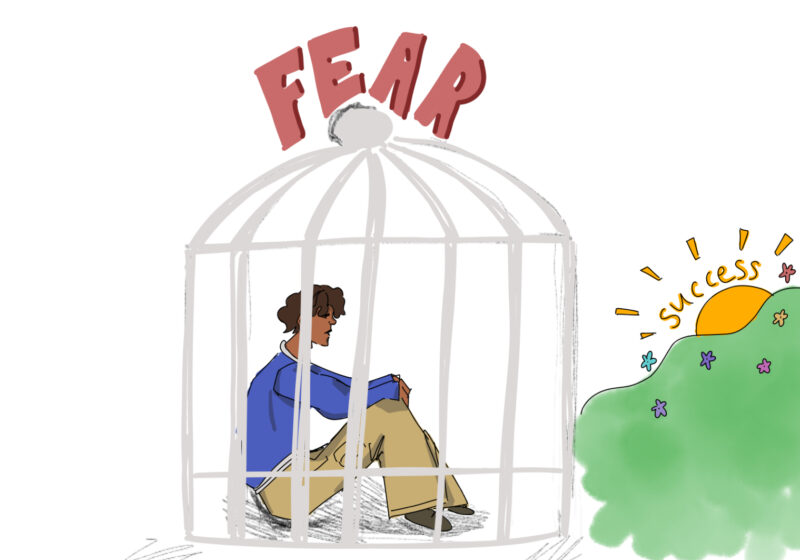The deteriorating health of the classical music world isn’t news to anyone, especially classical musicians. Stories of fiscally troubled orchestras are often in local newspapers. The number of classical radio stations in the country has dwindled.
In a period of economic downturn, people spend their money on things they find meaningful and, based on national trends, this does not include classical music. Where has the support for classical music and the symphony orchestra gone, and what can be done to bring it back?
Many orchestras rely on endowments to help pay for operating expenses. However, the stock market’s decline means that endowments are not covering these expenses. In January, the Tulsa Philharmonic in Oklahoma, facing $1 million debt, cancelled its remaining concerts for the 2002-2003 season. If it cannot find money to pay off its debt, the orchestra will have to shut down after 54 years of performing, a trend that is spreading across the country.
In order to ensure their survival, orchestras need to be more accessible to everyone. While older, wealthier people are more likely to attend classical concerts and listen to classical music, in the past orchestras have marketed only to this population. Now orchestras are implementing user-friendly Web sites, new programming, concert halls and outreach programs aimed at exciting younger audiences about classical music.
The San Francisco Symphony has its “SFS Kids Site,” which is aimed at getting young children hooked on the orchestra through educational games, sound clips and colorful pictures. The Boston Symphony Orchestra has launched a similar “online conservatory” on their Web site www.bso.org, which lets visitors learn about and listen to clips of works from upcoming concerts. Since its launch in 1996, the Web site has generated over $10 million dollars of revenue.
Orchestras have also started altering their programming to attract new listeners. The Baltimore Symphony Orchestra created a series called “Symphony With a Twist,” which combines the familiar with the unexpected. The concerts include repertoire by artists such as Duke Ellington, Hector Villa-Lobos and Jacques Ibert, and many are preceded or followed by cocktails and dancing. The first several concerts each sold about 2,000 tickets and the numbers are increasing
For its 2003-2004 season, the Los Angeles Philharmonic is moving to the new Walt Disney Concert Hall, which is designed to be more welcoming, with courtyards, a caf and a lobby lit with natural light, inviting in passersby. Two new amphitheaters have also been added — a children’s amphitheater and one designed for outreach and educational programming.
The most important components to the health of the symphony orchestra are education and outreach. Many people who aren’t regular concert attendees feel uncomfortable with the concert-going experience, believing that the regular concert-goer has his rituals designed to identify and embarrass the outsider.
The Rochester Philharmonic Orchestra presents close to 50 educational concerts for community members every year. These events reach over 100,000 local children and adults and include casual concerts, instrument petting zoos where children can learn about different instruments and concerts that serve as a beginner’s guide to the orchestra for young children. Outreach concerts are often given themes such as “Caribbean Carnival” and “World War II Hit Parade” to entice new listeners. However, until the nation’s orchestras can bounce back, Eastman and other conservatories’ packed audition days are proof that classical music is not a dying art form.
Even Eastman concerts draw community members. “The last Philharmonia concert had an attendance of about 400 people,” Eastman head usher Zach Wadsworth said. “Lots of people come because they’re just as high quality as RPO concerts but they’re free.” Parents often bring their children to these concerts and many times older students come alone.
As Wadsworth said, those who come to concerts “usually seem excited.” All musicians need to do is assist them in turning this respect into enjoyment.
Gorode can be reached at kgorode@campustimes.org.





